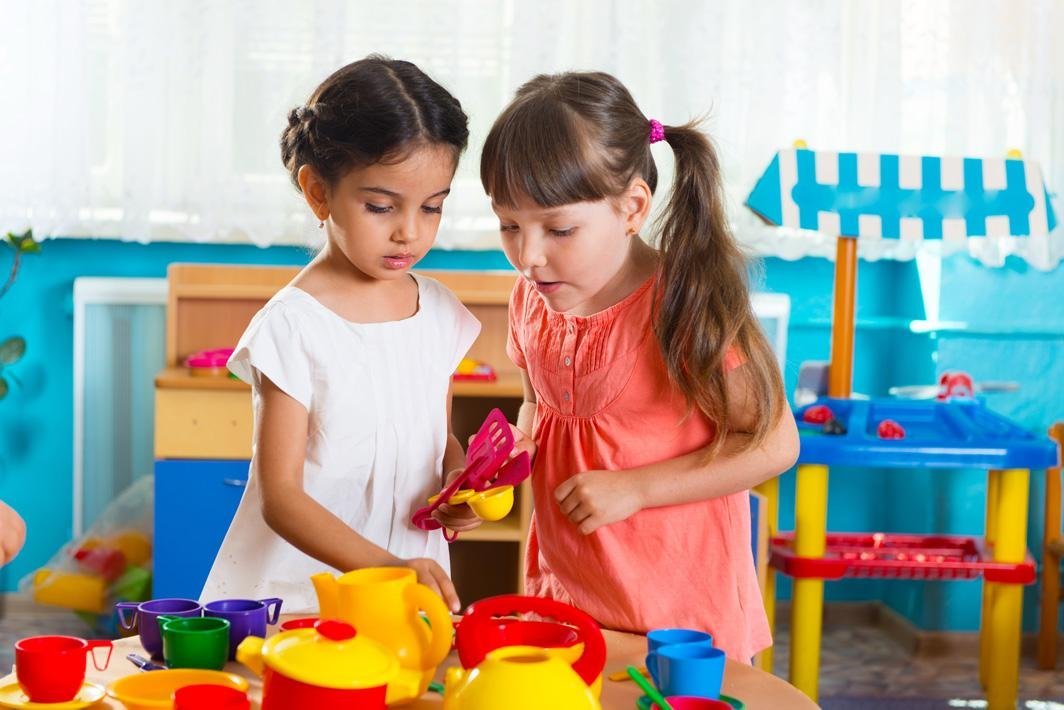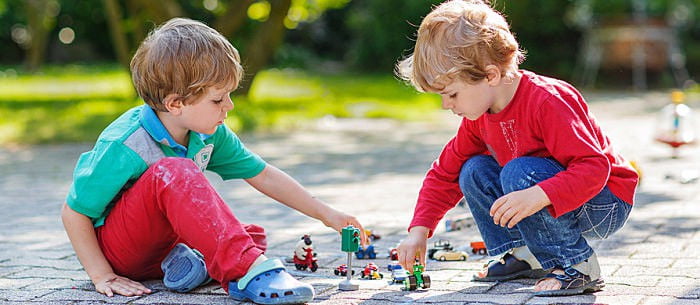Kids are a lot smarter than adults give them credit for. Maybe we subconsciously all know it, but we’re trying to keep it all together when things are chaotic, so we pretend not to notice. Maybe your child has noticed that you frequently make the wrong turn in the car and she has begun to ask if you are going the right way when you’re driving. Perhaps you’ve noticed that around age 5 is when your child is most inquisitive and seems to be very knowledgeable. This is no coincidence, as between ages 2 to 7, brain development is as crucial as it’s going to be, so it’s time to invest in that cognitive development as much as possible.

Ages 2-7 Are Critical For A Child’s Brain Development
The critical periods in a child’s development happen in spirts. One period begins at age two, and the second starts during their adolescence. Did you know that a two year old child will experience double the synapses as a fully grown adult? Synapses are the connections between neurons, or brain cells. This is why these years are so important and why it is vital that kids absorb as much new information during this time period in order to learn and grow.
This is the time to invest in developing your child’s growth mindset, or the belief that their abilities can and will improve as time progresses along with effort. This is a contrary belief to the outdated idea that a child is either innately good or “bad” at something. This shift in mindset can help children learn, develop, and grow throughout their lives.
It’s important to praise the process as much as he result, or even instead of the result. This will foster a growth mindset that will allow the child to appreciate the process as opposed to the specific outcome. It’s a great way to teach kids that failure is not a disaster, but a learning stop along the journey to success.

Teach Them About Chores And Responsibilities
Of course, it is also just as important to invest in a child’s emotional and social well-being as well. This is the time to be experimenting with different experiences and hobbies such as music, sports, math, language, and art. Since their brains are so malleable at this age, they can gain a breadth of experiences in these fields and then choose how to narrow down their interests later on.
This is also a great time to introduce important life lessons and habit-building activities. For example, you can teach your child about the importance of completing chores and have them in charge of completing one (or more!) chores that will be their responsibility from now on. Additionally, this will teach them about interpersonal skills like teamwork as well as empathy.

Teaching Your Child About Teamwork & Empathy Is Critical
You can also talk to them about the importance of saving money, while giving them a jar or piggy bank where they can begin to save money and learn through their own experience.
This is the time when your child’s brain will be as receptive as possible, so try to take advantage of that and nurture their curiosity and love of learning through new experiences and life lessons.








